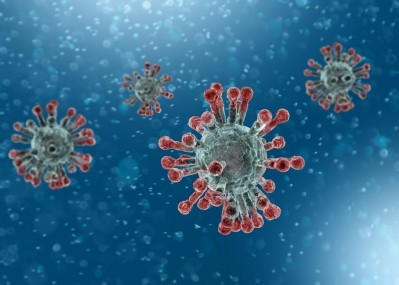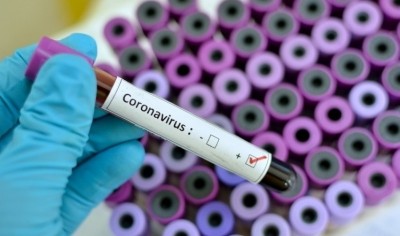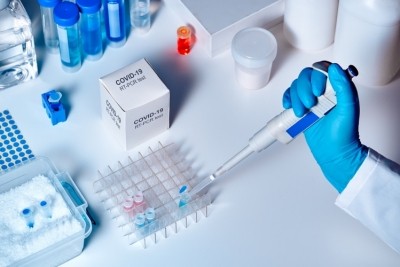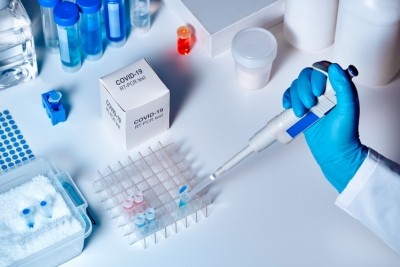Food factories could become COVID-19 ‘super spreaders’
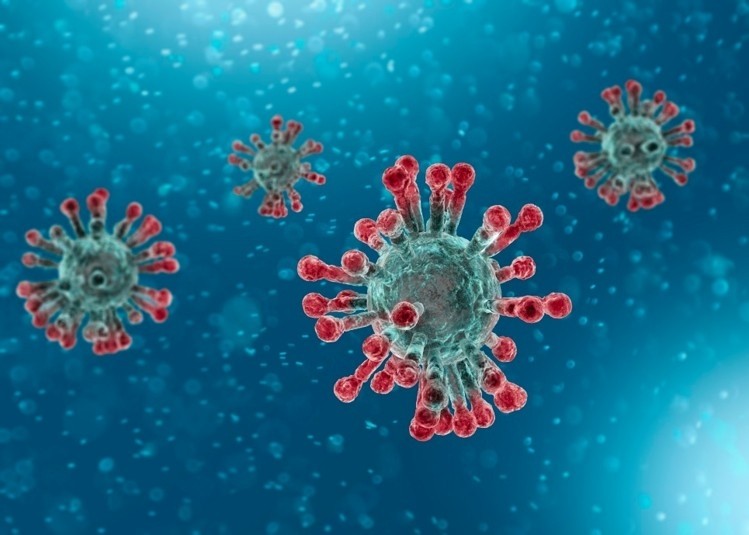
The BMPA, which earlier this year hit back at the idea that meat plants were particular breeding grounds for the virus, claimed the reason for high rates of infection in such factories was because workers often hailed from local areas hit hard by the virus themselves.
“As we’ve heard from the Chief Medical Officer recently, the virus is much more likely to spread in social and home settings rather than in commercial settings which have significantly more stringent protocols in place to mitigate the risks.
“This is particularly true of meat processing which, even under normal circumstances, is one of the most tightly regulated industries in the country.”
More regular testing
Higher numbers of reported cases of COVID-19 in food factories had also been a result of more regular testing, the trade body said.
The BMPA said ‘super spreader’ events only became a problem once the country came off lockdown and people started flooding back into restaurants to ‘eat out to help out’, while students returned to schools and education en-masse. And during this time 'instances of infection amongst key food workers continued to mirror that of the wider population', it added.
The TUC claimed a rise in demand over the festive period would see a huge influx of temporary staff in factories, which would put greater strain on food factories.
A wide variety of food factories continue to declare clusters of cases of the virus, with many being asymptomatic. A wide variety of food factories continue to declare clusters of cases of the virus, with many being asymptomatic. Workers at Kepak Group's Bodmin red meat processing plant in Cornwall are self-isolating after testing positive for COVID-19, with most showing no obvious symptoms.
‘A real danger’
TUC general secretary Frances O’Grady said: “There is a real danger that food factories could become 'super spreaders' of COVID-19 as they produce turkeys and other seasonal fare for Christmas.
The TUC based its super spreader model on what it called out of date guidelines to prevent the spread of COVID-19.
Airborne transmission
The TUC called on Government to focus on the science on airborne transmission of COVID-19, which suggested the virus could persist in the air for hours, rather than trying to prevent the spread of droplets.
“Out-of-date guidelines on food production, combined with the seasonal increase in staff, will put factory workers at an even higher risk of infection,” said O’Grady.
It also suggested a number of updates to current guidelines, with focus on ventilation, face coverings, workplace temperature and social distancing. More details can be found in the box below.
Guidance 'needs updating'
“Ministers urgently need to update the guidance for food production,” O’Grady added. “They must require employers to publish their risk assessments.
“And they must resource the HSE [Health and Safety Executive] properly, so it can get into food factories and crack down on unsafe working. That’s how to make sure everyone is safe at work this Christmas.”
The TUC argued not enough had been done to contain the outbreak of COVID-19 in food plants and called for a rise in workplace inspections.
The TUC claimed employer compliance, as measured by the HSE, was at odds with the rise in workplace infections because Government safety measures were not up-to-date and not doing enough to protect workers.
Commenting on HUC's claims, a spokesman for the FDF said: “Employee health is a top priority for all our companies. Through the last difficult months companies have worked hard to make workplaces COVID secure, while ensuring a secure food supply to keep supermarket shelves stocked.
“In the event of an outbreak, companies have robust measures in place, working with all the relevant authorities to limit the outbreak and to tackle the cause of the transmission, whether that’s from the workplace or within the community.”
The TUC’s suggested updates to workplace safety guidelines
- Ventilation: The current guidance fails to offer advice on effective ventilation beyond opening windows. And it doesn’t state what additional measures should be implemented in instances where this is not possible to achieve.
- Face coverings: The Government should issue detailed standards on the quality of face coverings. The World Health Organisation advises that there should be three protective layers.
- Workplace temperature: studies show that coronavirus thrives in the cooler temperatures found in meat packing factories. But there is no mention of workplace temperatures in the current official guidance.
- Social distancing: the current guidance states that, where two metre distancing is not possible, working side-by-side is preferable to face-to face. The TUC says this rule should be reviewed based on the most recent scientific findings.
